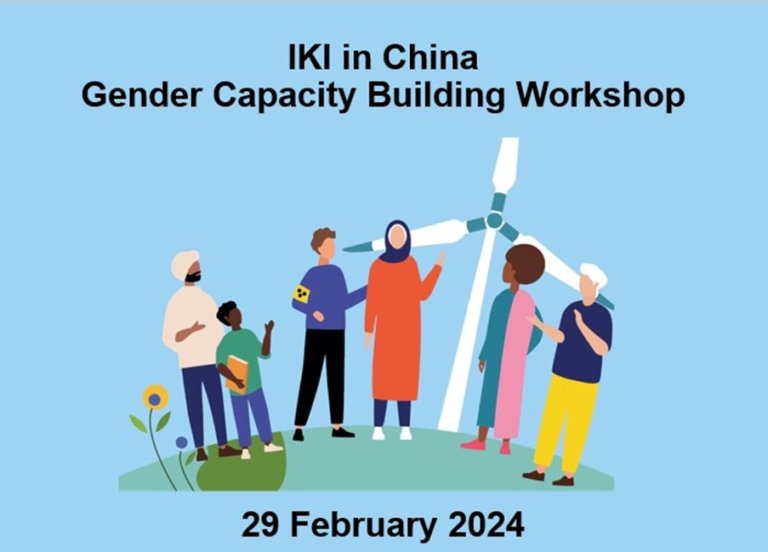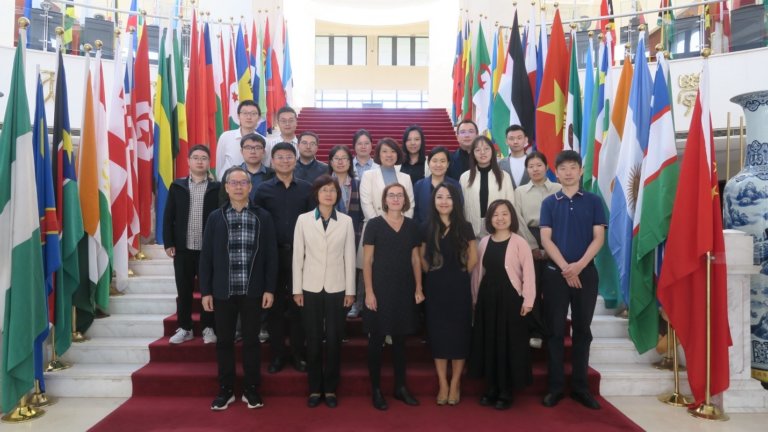The Sino-German Cooperation on Climate Change NDCI project team is responsible for hosting quarterly exchange meetings on climate adaptation. On December 6, 2022, the climate adaptation colleagues held their fourth meeting of the year where experts from Climate Analytics (CA) presented an overview of the role of indicators in the monitoring and evaluation (M&E) phase of adaptation policy implementation. CA experts broke down the attributes of an effective indicator; they emphasized the value of a combination of both quantitative and qualitative data. CA then explained different types of indicators, their limitations and ideal application. Specifically, they distinguished between indicators designed from a performance management perspective and those designed particularly from an adaptation point of view. Presenting the SMART and ADAPT principles for indicator design, CA emphasized that the socioeconomic and environmental context in which activities are being planned cannot be neglected.

Next, CA presented the German Strategy for Adaptation to Climate Change’s (DAS) reporting cycle as an example of M&E in Germany. After the implementation of adaptation measures, evaluation then monitoring reports are rolled into a progress report along with risk assessments later in the reporting cycle. On the European level, the EU Adaptation Strategy and its requirement of bi-annual reports from Member States served as a second example of M&E in action. From these examples, CA summarized “lessons learned,” that indicators determination is an iterative process where priorities steer the choice of M&E tools. Further, it is imperative to recognize that all indicators will face some limitations which must be accounted for through the evaluation phase.
The presentation concluded with a portion covering the communication of complex data and risk management. Here the representatives from NCSC and CAAS engaged in in-depth discussion with the CA experts. The representative from CAAS requested examples of sector-specific methodologies to manage uncertainty. CA experts advocated the use of risk matrices in all sectors and risk analyses. The group discussed choice of indicators based on available data and the use of qualitative data in the absence of quantitative measures. Attendees further discussed indicators that are already used in adaptation strategies at national levels and brainstormed the type of indicators that could be useful in the Chinese context.
Following the topical discussion, attendees agreed on next steps for the adaptation cooperation. Namely, to further expand on the topic of indicators with specific attention to the “scoreboard” tool and a more detailed exploration of the processes and methodologies involved in the M&E stage, with the ultimate goal of organizing a workshop on climate adaptation information portal experience sharing in 2023.



